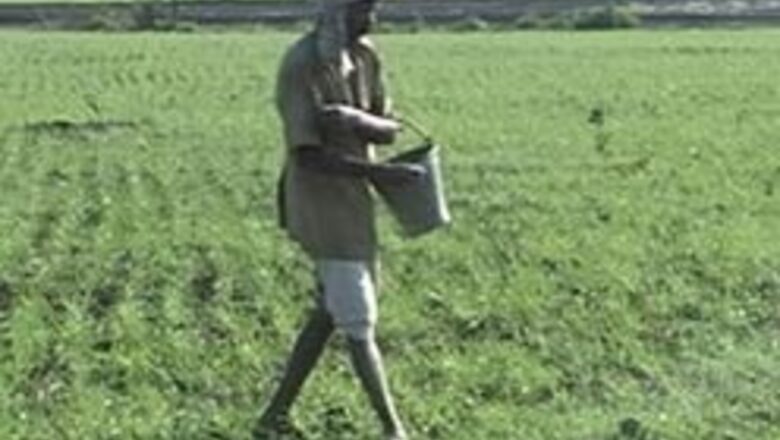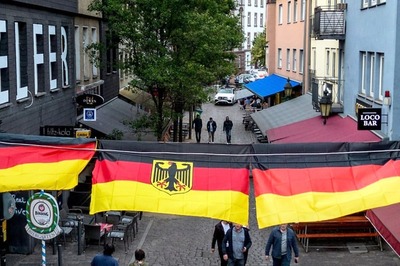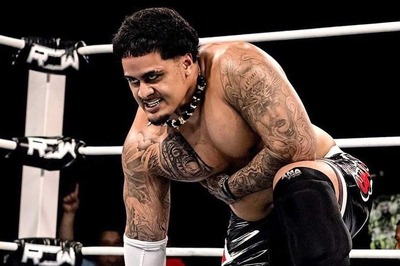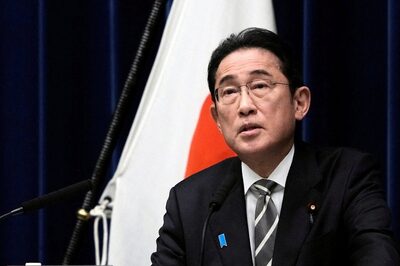
views
Geneva: Global trade talks collapsed on Tuesday after a clash over agriculture between the United States and emerging powers, including China, India and Indonesia. The breakdown came on the ninth day of marathon talks.
The United States and India failed to find a compromise on measures intended to help poor countries protect their farmers against import surges, a diplomat said.
"We were so close to getting this done," US Trade Representative Susan Schwab told reporters at World Trade Organisation headquarters in Geneva.
Global negotiators have worked on the Doha trade round for seven years. "The US remains committed to the Doha round. This is not a time to talk about a round collapsing," said Schwab, who looked frustrated.
"The US commitments remain on the table, awaiting reciprocal responses." The collapse also prompted disappointment in other countries that had stood to gain from another round of trade opening.
"It's really bad news. It's sad to have lost so many years of work. For an emerging market, it is worrying to see a WTO that is not strong," said Soraya Rosar, director of international negotiations with Brazil's National Industry Confederation.
Failure to find agreement on the core agriculture and industrial goods chapters of the Doha trade round could delay any final accord on trade liberalisation for several more years.
Washington had opposed a push from India, China and Indonesia to secure measures to protect their farmers if faced with sudden surges of cheap farm imports. Developing country exporters like Uruguay and Costa Rica also rejected the proposal, fearing it would shut them out of growth markets for food in other developing nations.
The impasse derailed substantial progress that had been made on other agricultural, manufacturing and services trade issues.
As failure looked likely, New Zealand's trade minister, Phil Goff, said, "I hope ... that what we've achieved this week can be used at least to build on as a foundation for the future".
The trade talks began in 2001, shortly after the Sept. 11 attacks on the United States, in the hope of boosting the world economy and helping poor countries.
They have lurched from crisis to crisis and risk further years of delay without a breakthrough now because of the US presidential election in November and other factors.
The new US president in January may have other priorities, or even different views on trade. "An Obama administration might just say we have to start over with a clean slate," said Gary Hufbauer, senior fellow at Washington's Peterson Institute for International Economics.
US Democratic presidential candidate Barack Obama has talked of bringing labour and environmental standards into trade negotiations. These are currently not part of the Doha talks. The trade agenda has moved on in the last 7 years with the rise of China, surges in food and commodity prices, as well as concerns about the impact of economic growth on climate change.
Economists said the failure was a blow. "I think it's a strong negative and it really follows on the heels of a retreat from globalisation and trade that were really the building blocks for the prosperity of the last several decades.
It's scary," said Michael Darda, chief economist at MKM Partners in Greenwich, Connecticut. The failure to clinch a deal will not have any immediate impact on trade because of the long implementation periods for the measures under discussion - typically 5 years for rich countries and up to 14 for new developing members like China.
And it does not affect the other role of the WTO - settling disputes as umpire of the world trading system under rules agreed in previous trade talks up to the 1994 Uruguay round.



















Comments
0 comment